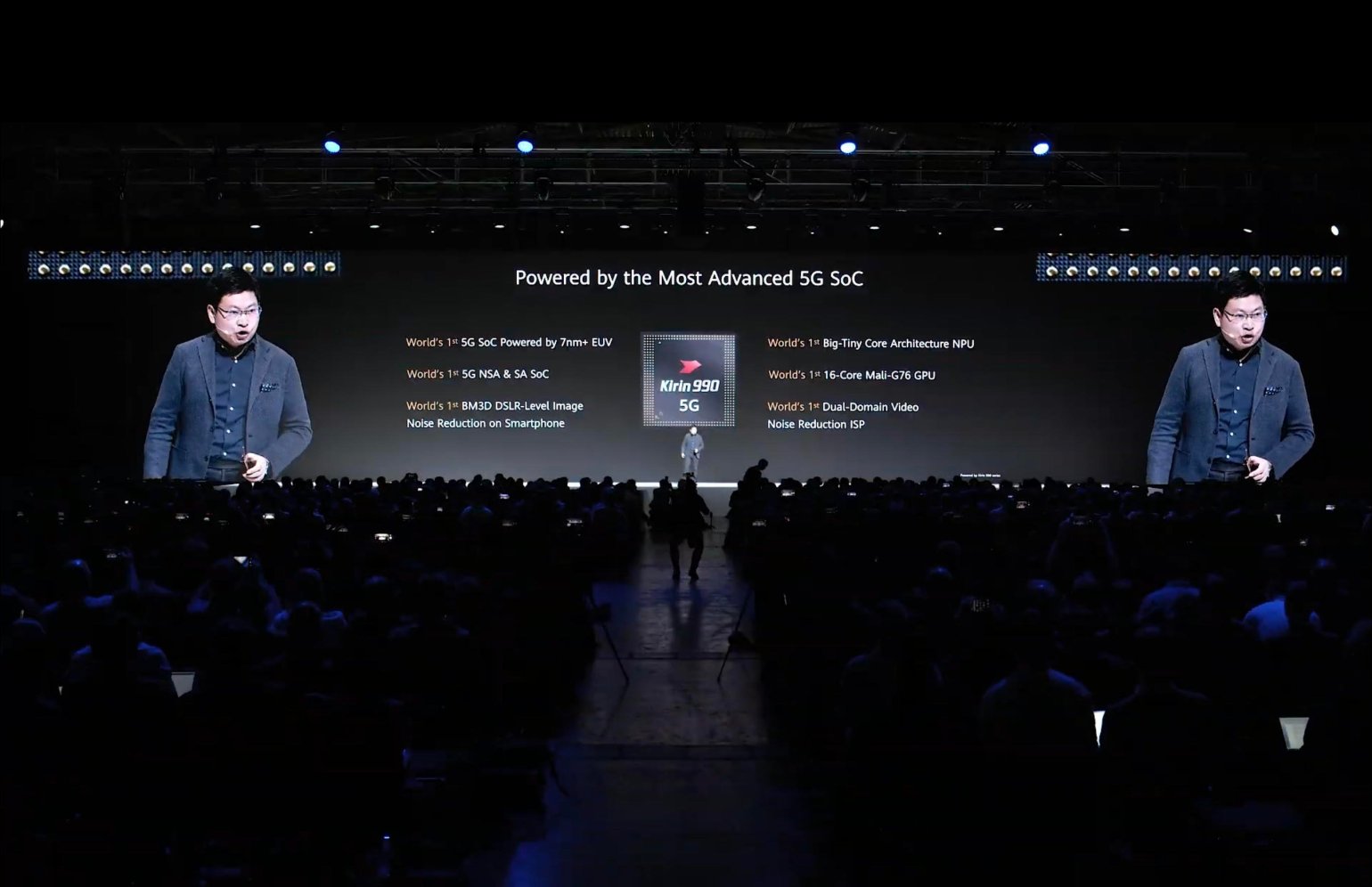Huawei In Talks to License 5G Tech to U.S. Companies

Huawei may have found a way around a ban on exporting its equipment to the U.S. that went into effect in May 2019. According to Reuters, the telecommunications equipment company is in talks to license its 5G tech to U.S. firms.
The company has repeatedly been accused of having backdoors in its equipment and software—backdoors the Chinese government allegedly uses for spying. Huawei has denied the allegations, but that has not saved it from being on a U.S. blacklist. Although the U.S. has not been successful in persuading all of its allies to similarly ban Huawei, the equipment company is still looked suspiciously by many Western powers.
Vincent Pang, senior vice president and board director, told Reuters “there are some companies talking to us, but it would take a long journey to really finalize everything. They have shown interest,” he added, although the conversations are in the very early stages.
Although the State Department has previously voiced skepticism about carriers being willing to license 5G tech and assume the cost of bringing it to market, the option may prove more desirable than the alternatives. European companies, such as Nokia and Ericsson, are more expensive than Huawei. There is also no U.S. 5G provider for carriers to fall back on. Licensing Huawei’s tech could give carriers an advantage by giving them more complete control over their network equipment, allowing them to fully optimize it for their needs.
As Zak Doffman at Forbes points out, Huawei may have another motive making its tech available for licensing.
“In offering to open its code to U.S. diligence, Huawei would make it impossible for security hawks to allege such hidden backdoors,” writes Doffman. “This then became the twist—Huawei isn’t embarking on an exercise in friendly bridge building to Trump or others in Washington. This is a major game of “call my bluff,” an attempt to call out a situation Huawei believes is politically motivated and not rooted in facts. If the U.S. believes what it says, the hypothesis runs, then it will take up the offer and prove its point. If it doesn’t, then the accusations that have been made have nothing to do with security or technology.”
In what seems like a never-ending battle between Washington and Huawei, it will be interesting to see if these talks lead to an easing of restrictions.
